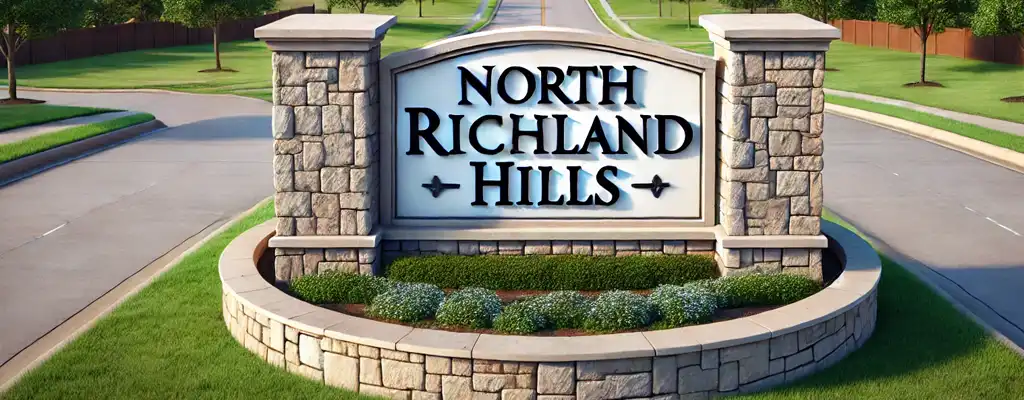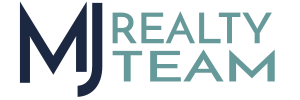When considering a move to North Richland Hills (NRH), Texas, understanding the property taxes and utility costs is crucial for budgeting and financial planning. These expenses can significantly impact your overall cost of living. This article provides a detailed overview of property taxes and utility costs in NRH to help you make an informed decision.

Property Taxes in North Richland Hills
Overview of Property Taxes
Property taxes are a significant component of homeownership costs. In NRH, property taxes fund essential public services such as education, public safety, infrastructure maintenance, and parks and recreation. Understanding how these taxes are calculated and the current rates can help you estimate your annual expenses.
Calculation of Property Taxes
Property taxes in NRH are calculated based on the assessed value of your property and the local tax rate. The Tarrant Appraisal District (TAD) assesses the value of all properties within the area. This assessed value is then multiplied by the combined tax rate, which includes rates from the city, county, school district, and any other applicable entities.
For example, if your home is assessed at $300,000 and the combined tax rate is 2.5%, your annual property tax would be $7,500.
Current Tax Rates
The tax rate in NRH can vary depending on the specific location within the city and the associated school district. As of the latest assessment, the average property tax rate in NRH is approximately 2.5% of the property’s assessed value. It’s essential to check the current rates and any changes that may occur annually to get an accurate estimate of your property tax obligations.
Exemptions and Reductions
Several exemptions can reduce your property tax liability in NRH. The most common include:
- Homestead Exemption: Reduces the taxable value of your primary residence.
- Over-65 Exemption: Provides additional reductions for homeowners aged 65 and older.
- Disabled Person Exemption: Offers tax reductions for homeowners with disabilities.
- Veteran Exemptions: Available for veterans and their surviving spouses, providing significant reductions based on disability ratings.
Applying for these exemptions can help lower your annual property tax bill.
Utility Costs in North Richland Hills
Electricity
Electricity costs in NRH can vary based on usage, provider, and the size of your home. Texas operates in a deregulated electricity market, allowing residents to choose their electricity provider. This competition can help you find a plan that suits your needs and budget. On average, NRH residents can expect to pay around $100 to $150 per month for electricity, depending on usage and the chosen plan.
Water and Sewer
Water and sewer services in NRH are provided by the city. The cost of these services is based on usage, with rates typically structured in tiers. The average monthly water bill for a household in NRH ranges from $30 to $60, while sewer charges can add an additional $20 to $40 per month. Conserving water and fixing leaks promptly can help reduce these costs.
Natural Gas
Natural gas is commonly used for heating and cooking in NRH. Atmos Energy is the primary provider for natural gas services in the area. Monthly gas bills can vary widely depending on usage, particularly in winter months. On average, homeowners might expect to pay between $20 and $50 per month, with higher costs during colder periods.
Trash and Recycling
The City of North Richland Hills provides trash and recycling services. Residents are billed quarterly, with rates depending on the level of service and the size of the trash container. The typical cost for trash and recycling services ranges from $15 to $25 per month. The city encourages recycling by providing single-stream recycling services, making it easy for residents to participate.
Internet and Cable
Internet and cable services are available from various providers in NRH, including AT&T, Spectrum, and Frontier. The cost for these services depends on the package and speed you choose. On average, residents can expect to pay between $50 and $100 per month for high-speed internet and cable services.
Tips for Managing Property Taxes and Utility Costs
- Shop Around for Utility Providers: Take advantage of the deregulated electricity market to find the best rates. Compare plans from different providers to find one that suits your usage patterns.
- Implement Energy-Efficient Upgrades: Invest in energy-efficient appliances, lighting, and HVAC systems to reduce electricity and natural gas consumption. Weatherproofing your home can also help lower heating and cooling costs.
- Apply for Property Tax Exemptions: Ensure you apply for any eligible property tax exemptions to reduce your tax burden. Check with the Tarrant Appraisal District for the application process and deadlines.
- Monitor Water Usage: Regularly check for leaks and use water-saving fixtures to minimize water and sewer bills. Consider installing a smart irrigation system to optimize outdoor water use.
- Bundle Services: Some providers offer discounts when you bundle internet, cable, and phone services. Look for package deals to save on these monthly expenses.
Conclusion
Understanding property taxes and utility costs in North Richland Hills is essential for budgeting and making informed financial decisions. By being aware of these expenses and implementing cost-saving strategies, you can better manage your homeownership costs and enjoy the many benefits of living in this vibrant community. Whether you’re a current resident or considering a move to NRH, this knowledge will help you plan effectively and make the most of your investment.
